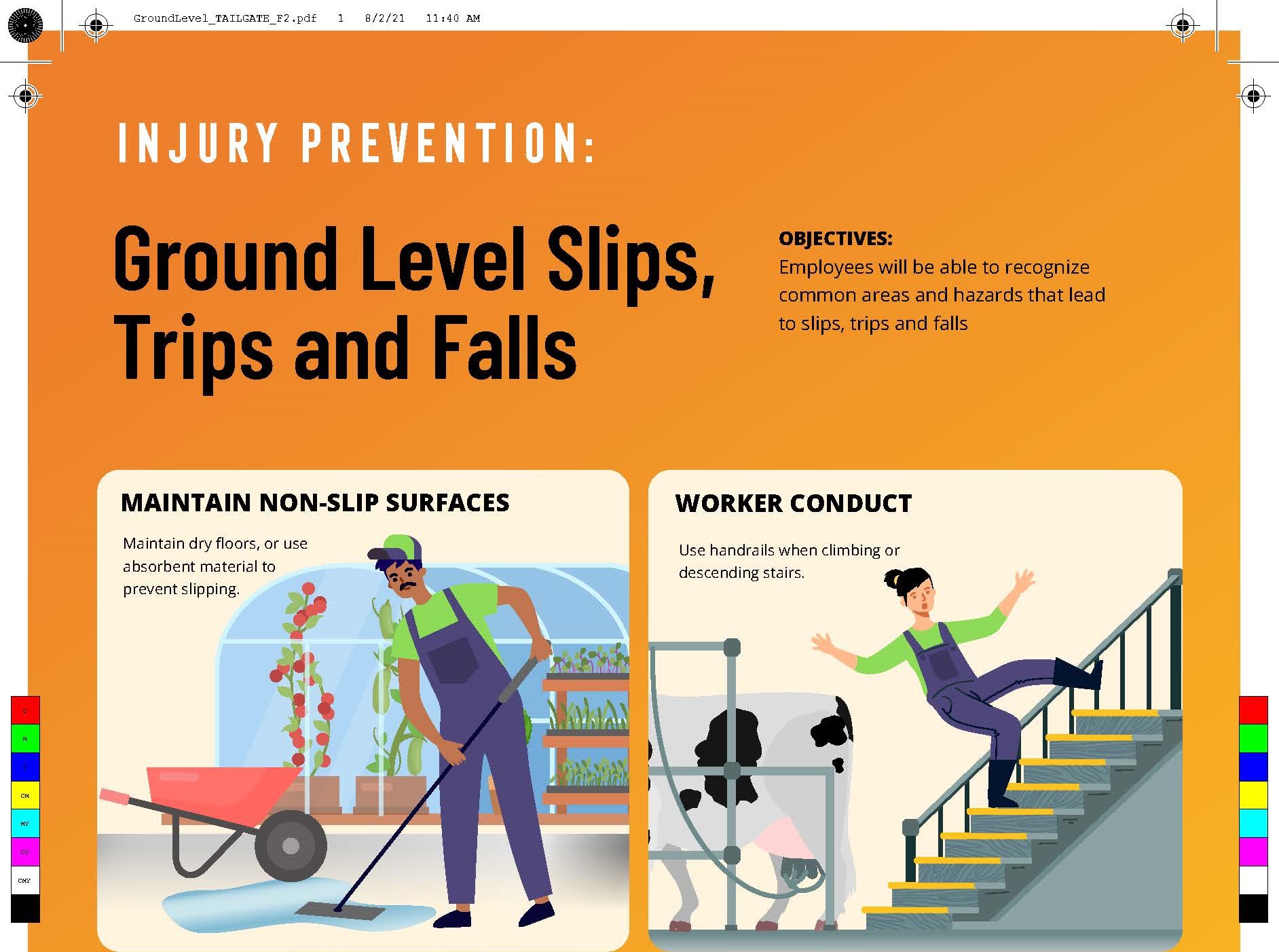A message from Secretary Douglas Fisher:
We are reaching out regarding COVID-19 vaccination support for you and your farmworkers. We are working to ensure that all farmworkers are protected against COVID-19 as we head into the fall season – to that end, if any of your workers are not yet vaccinated for COVID-19 and are interested in receiving a vaccine, please fill out this survey. We will be happy to connect you with the appropriate resources to keep your workforce healthy.
Additionally, if your entire workforce has been vaccinated, we would still appreciate if you could please fill out the survey Any information you provide will be confidential and used solely for supporting COVID-19 vaccination efforts.
Thank you for your support in keeping our farm communities safe and healthy!

